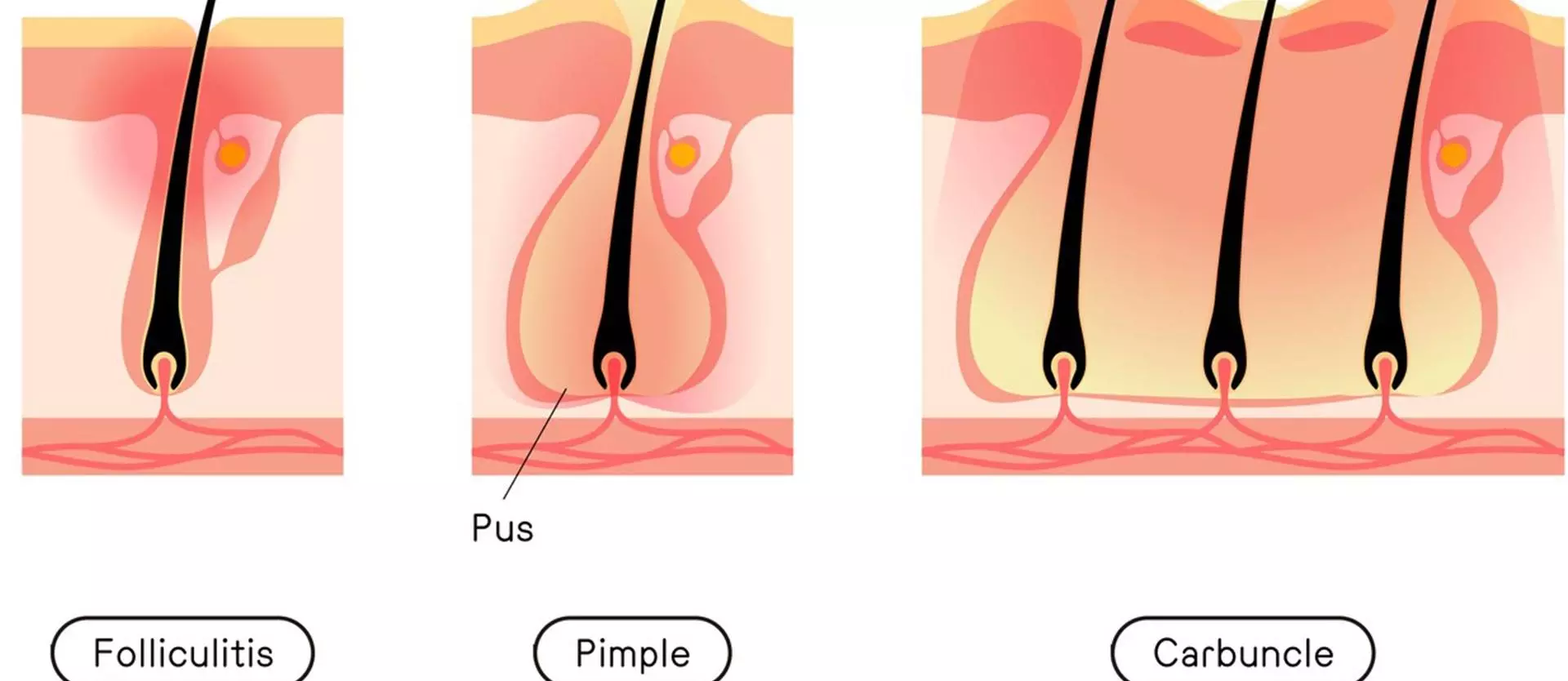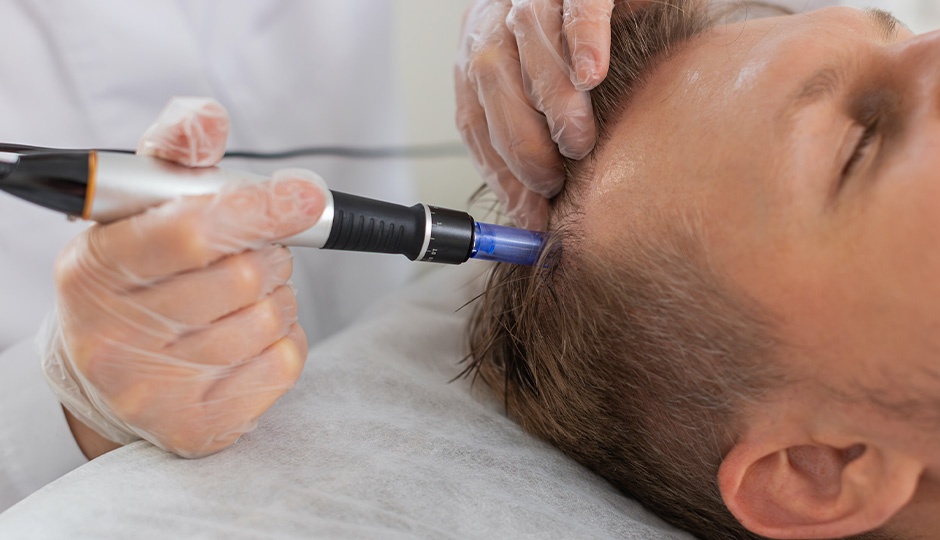In many situations, hair loss is related to factors like genetics or stress. Even hormone changes may cause hair loss. For those who have significant hair loss that is not attributed to one of these concerns, a condition called folliculitis decalvans could be to blame. This is not a common condition, but it can occur to many people, and when it does, it can create long-term, often permanent results. That includes baldness and scarring. If you think you may have this condition, be sure to reach out to your doctor for immediate help and support.
What Happens in Folliculitis Decalvans?
This condition is noted for creating inflammation and bacteria in the hair follicles. This causes pustules to form in this area. Over time, it creates damage to the hair follicles, causing them to die. The hair follicles are small shafts from which hair grows. When those shafts suffer damage from the pustules, they are unable to grow hair through them.
As a result of the damage to the hair follicles due to inflammation, the hair will eventually fall out. This creates scarring, which means there is no way for the hair follicles to grow hair again. This is what creates permanent hair loss, a condition known as cicatricial alopecia.
Folliculitis is inflammation of the follicle. It often occurs because bacteria become trapped in the hair follicle. That causes the bacteria to build and the skin to react. Over time, small bumps that are filled with pus generate. They often look like acne but ooze pus from them. You may notice this occurring rather quickly.
Why Does Folliculitis Decalvans Happen?
There are a lot of potential reasons for this condition to form, but experts are not fully sure why it occurs. One of the most likely causes is a staph infection, specifically staphylococcus aureus, or Staph A. Some people have a very unusual reaction to this bacterium. While this is a commonly found bacterium on the skin and often found inside the nose as well, for some people, it can be specifically problematic, creating a strong reaction like this.
For most people, Staph A is harmless. For others, it causes significant and ongoing inflammation of the skin. When that happens, it causes damage to the skin and hair follicles, leaving scarring behind. As that happens, the hair follicles cannot recover, and that means hair cannot be produced in the affected hair follicles. This leads to permanent hair loss.
Who is Most Likely to Suffer from Folliculitis Decalvans?
It is not known why some people have such an adverse reaction to Staph A, and others do not. However, this condition can impact both men and women, though it tends to be more prevalent in men. It can occur at any time but tends to become a concern during the teen years or during early adulthood.
Could You Have It? Symptoms of Folliculitis Decalvans
In many situations, folliculitis devalvans will only affect the scalp itself. It typically causes bald spots as a first sign, which are nearly always a circle or oval shape. The damage to the follicles is almost always within this area. In some situations, this condition can impact hair growth in other areas of the body, but that is less commonly the case.
Many do not have noticeable symptoms initially. The first warning sign is often the development of hair loss in patches. You may have an itchy scalp or feel a painful, tight feeling in those impacted areas.
Is There Treatment for Folliculitis Decalvans?
There is no cure for this condition. If you have hair loss that stems from this condition, there is no way to restore the growth of that hair if scarring of the follicle has occurred. However, there are treatments that may help to reduce the risk of that occurring if you get help soon enough. Medications can be used to help reduce the amount of inflammation you have and, in many cases, prevent further scarring from happening.
Your doctor may recommend the use of corticosteroids or antibiotics, depending on the condition. For many, this is a very important treatment option in reducing the worsening of the condition. Keep in mind that some types of therapies may work long term to prevent further outbreaks.
Once the permanent hair loss is apparent, the next course of action for many is to look for a cosmetic option to fill in the areas of hair loss on the scalp. Advancements in hair and scalp prosthetics made with biomedical materials are available. To learn more about non-surgical hair replacement for folliculitis decalvans, contact the team at Unique Hair Concepts for more information.






